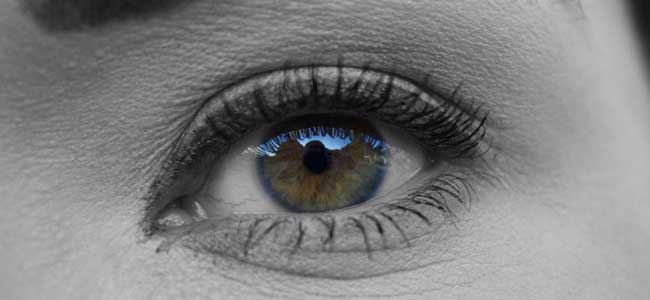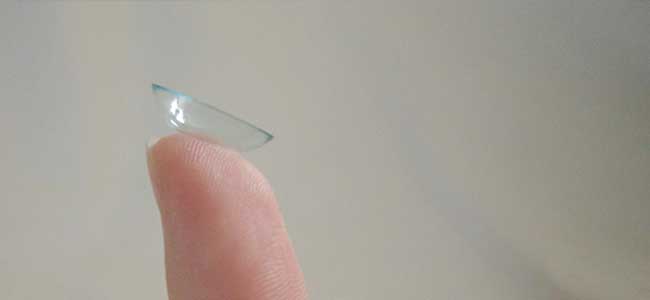Posts by Joe Berkely
Effects of Computers On Your Eyes
Almost everyone uses computers in the modern world, whether for recreation, employment, education or any combination of the three. Unfortunately, our increased use of computers in almost every aspect of our lives — even using a smartphone to make a telephone call — requires our eyes to read a computer screen. According to a New…
Read MoreThe Different Hues of Colored Contacts
Colored contact lenses allow you to temporarily change your eye color whether or not you need to correct impaired vision. In this way, you can create a more subtle eye appearance, wear a crazy design for special occasions, or just enjoy a new eye color. Will Colored Contacts Change the Way I See? Yes, but…
Read MoreWhat are Bifocal Contacts?
Bifocal contact lenses are a type of contact lens that combine two different prescriptions in the same lens. One component corrects nearsightedness and the other prescription addresses farsightedness or farsightedness. Several types of bifocal contacts are available; your eye care provider can help you determine which option is best for you. What Types of Bifocal…
Read More6 Common Questions about Contact Lenses
Contact lenses are a safe and popular choice for vision correction. Whether you just found out that you need vision correction or you’ve been wearing glasses for several years, switching to contacts can be an easy, painless choice. Understanding the basics about contact lenses allows you to consult with your eye care provider and make…
Read MoreAll About Prescription Reading Glasses
During the normal aging process, components of your eyes change in shape and flexibility. This frequently corresponds to vision changes that may make it difficult to see close objects. Although not all adults experience these changes, many find that they need reading glasses as they get older. Visiting your eye care provider ensures that you…
Read MoreHow to Read Eyeglass Prescriptions
Vision that is 20/20 describes a normal level of clarity and sharpness in your vision. This is called visual acuity. This measurement offers a way to compare the quality of your vision to a professional standard. Using this tool helps your eye care provider to accurately gauge whether you need corrective lenses and to diagnose…
Read MoreTypes of Eyeglass Lens Coatings
When you’re picking out a new pair of glasses, choosing the frames that best fit your face is just the beginning. After selecting your frames, you’ll need to choose the type of lens, lens material, and lens coating. With advances in eyeglass technology, there are several lens coating options to choose from. Talk to your eye…
Read MoreDifferences Between Bifocal and Multifocal Eyeglasses
If you find yourself struggling to see both at far distances and nearby reading materials, then it may be time to consider bifocals. Your eye care provider and the trained optometry staff will work with you to determine the best way to meet your needs while helping you to look and feel your best. What…
Read MoreCommon Questions About Eyeglasses
Many “silent” diseases, such as glaucoma and diabetes, can only be detected through regular eye exams. When these conditions are discovered earlier rather than later, they become easier to treat or manage, allowing for better long-term preservation of eyesight. In addition, reading glasses from the drugstore often do not work well because most people have…
Read MorePeripheral Vision Loss
Normal sight includes central vision (the field of view straight ahead) and peripheral vision (the field of view outside the circle of central vision). The inability to see within a normal range of view often indicates peripheral vision loss. In severe cases of peripheral vision loss, individuals only see with their central vision, which causes the…
Read More


